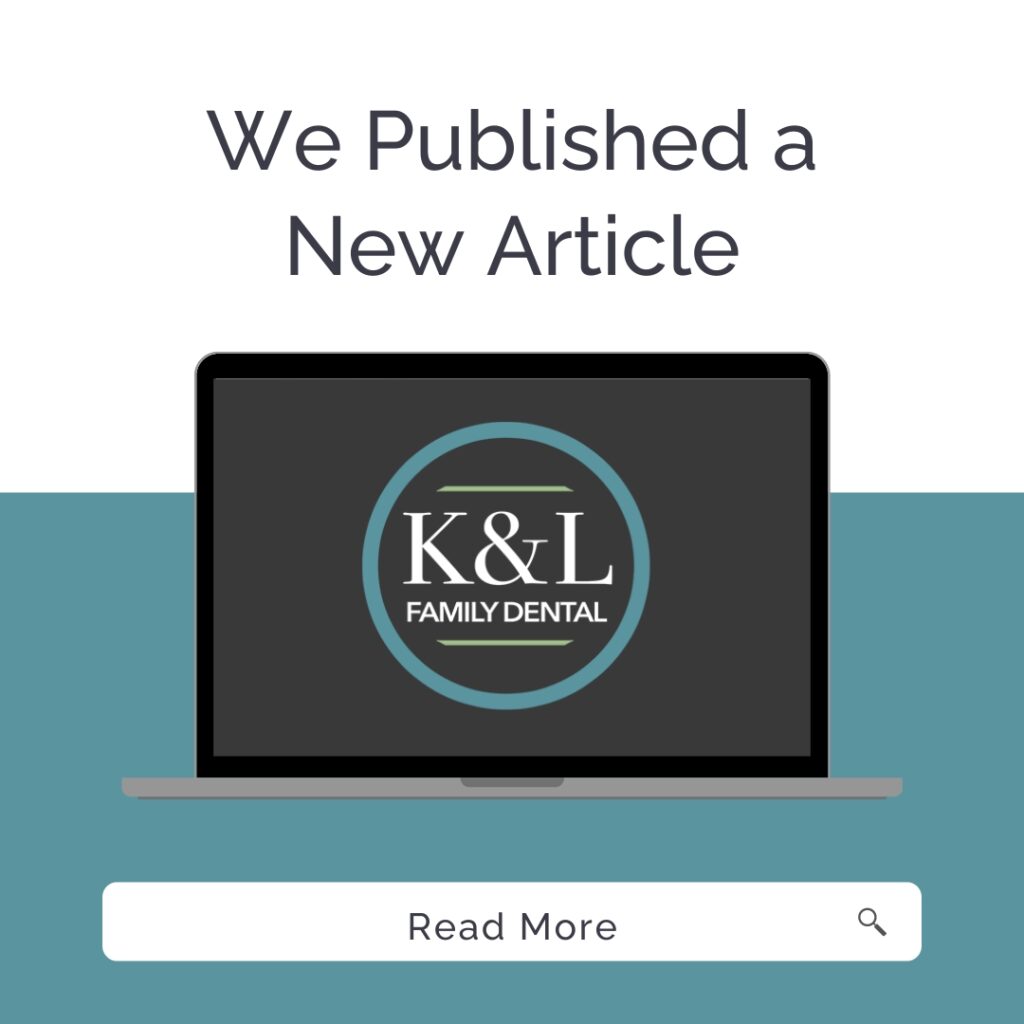

Finding the Balance: Avoiding Overbrushing for Optimal Oral Health | Dentist Carol Stream

For those dedicated to oral hygiene, brushing teeth twice a day is a common practice. Some may even brush after meals, knowing it’s crucial for plaque removal and cavity prevention. But is it possible to overdo it? Surprisingly, when it comes to brushing your teeth, there can indeed be too much of a good thing.
Overbrushing encompasses both the frequency and intensity of brushing. Vigorous or compulsive brushing can lead to dental issues such as abrasion, sensitivity, and gum recession.
Abrasion Dental abrasion, as defined by the University of Southern California Herman Ostrow School of Dentistry, refers to the loss of tooth structure due to mechanical forces from an external object, such as a toothbrush. Enthusiastic brushing can wear away enamel, dentin, and cementum, resulting in shiny, worn spots on the tooth surface near the gum line. Indentations shaped like wedges or “V”s along the gum line are telltale signs of abrasion.
Tooth Sensitivity Overbrushing can expose or bring the nerve endings of the dentin layer closer to the surface, leading to tooth sensitivity. Discomfort or pain may arise when teeth encounter hot, cold, sweet, or sour stimuli, or during brushing.
Gum Recession Continuous aggressive brushing and improper technique can cause gum recession, exposing the softer cementum of the tooth root. Exposed cementum is more prone to wear, notching, decay, sensitivity, and pain.
Protecting Your Teeth After Overbrushing Dental abrasion and gum recession can result in cavities and tooth loss if left untreated. Treatments may include applying fluoride varnish, bonding tooth-colored fillings, or using veneers to cover exposed areas. In severe cases, gum grafting may be necessary to replace lost gum tissue and protect exposed cementum.
Using Proper Technique and Tools Preventing overbrushing is achievable with the right approach:
- Opt for a soft-bristled toothbrush to minimize the risk of abrasion.
- Choose toothpaste with calcium and fluoride to strengthen enamel.
- Employ gentle circular motions when brushing, avoiding excessive pressure.
- Wait at least 60 minutes after eating or drinking acidic substances before brushing.
- Avoid habits like opening bottles with teeth or biting fingernails, which can contribute to abrasion.
Achieving a healthy mouth and clean teeth involves more than just frequency; it requires the right tools and techniques. Avoid overbrushing and maintain optimal oral health. Contact our dental office in Carol Stream today to schedule an appointment and ensure your smile stays bright and healthy.

